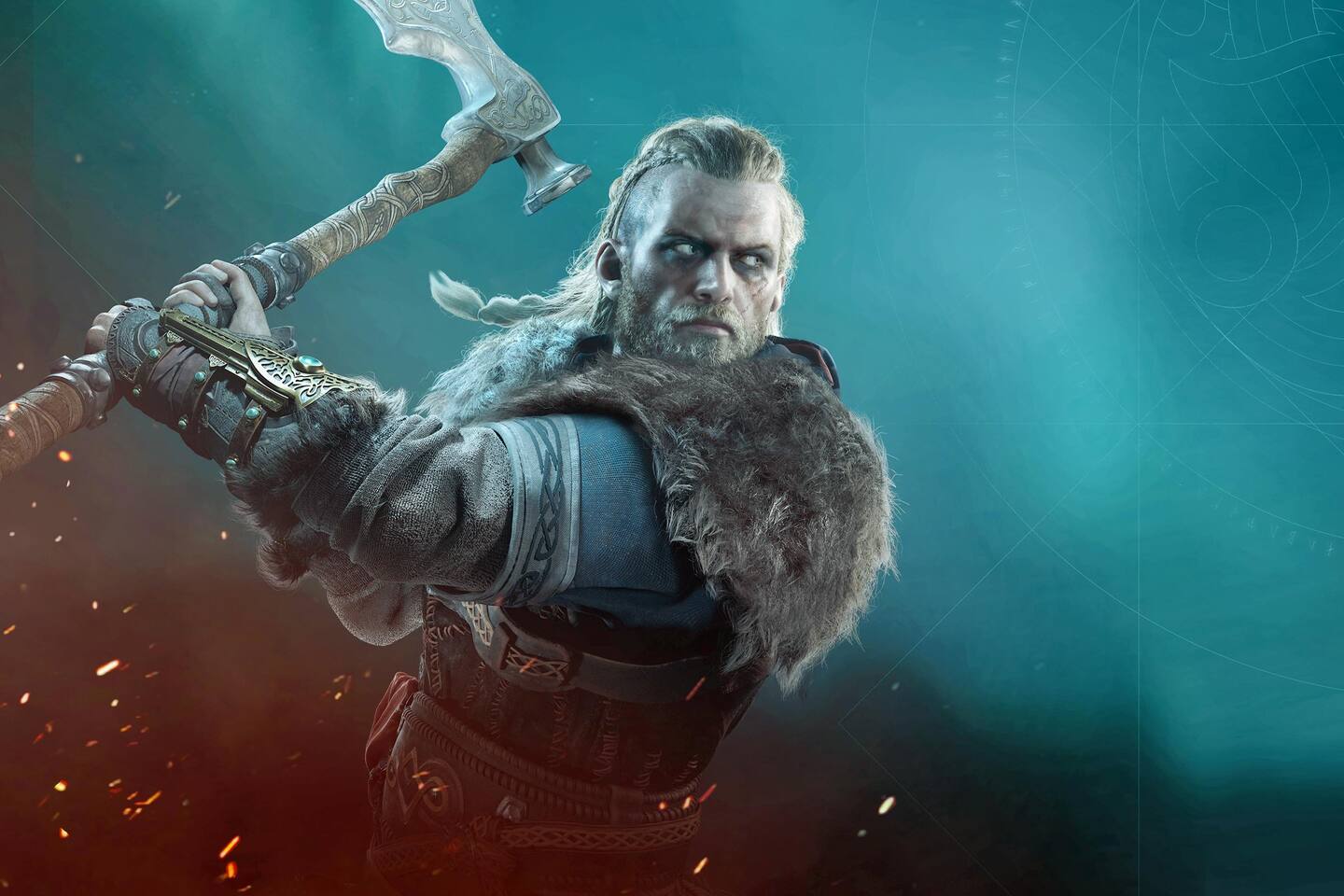‘Assassin’s Creed Valhalla’ impressions: Rekindling the spirit of the series

At least, that’s what I’ve noticed so far: I haven’t completed the game yet. These impressions come from 40 hours of progress.
You play as Eivor (who can be male or female), a young, Norse Viking chief leading incursions and forming alliances across England, to strengthen their clan’s presence and influence as they settle in this new land. You journey through beautiful kingdoms, cities and rural landscapes, helping allies capture territories by force, persuasion and, at times, weakening defenses while hidden underneath a cloak. The choice in how to approach combat or stealth is yours, and there’s fun in either path.
As someone who loved “Odyssey” but also lamented the series leaving behind its roots, “Valhalla” hits a sweet spot.
The return of classic features, like the hidden blade, instant kills and social stealth (blending in with civilians amid busy areas, for example) are incredibly welcome. The best part is these older details are mixed with novelties: With a new cloaking feature, you can raise or lower your hood in hostile areas to reduce detection. Stealth isn’t perfect (guards are stirred too easily, even when playing on the lowest stealth difficulty), but it feels at home in “Valhalla,” which is meaningful after years of being an afterthought. (Some players may still be disappointed: The more structured assassination sequences, nicknamed “black box” missions, have not returned.)
On the flip side, I love the fresh vision to combat, which Ubisoft has gradually refined since “Origins.” You can creatively dual wield any combination of weapons (even two shields!) and every weapon has a distinct feel. I enjoyed whipping through enemies with a flail that increases in speed and momentum the more its swung. You have limited stamina and health rations, too, so fighting is more methodical; every strike or dodge counts.
Abilities feel great, too — in fact, they make combat more grounded. In “Odyssey,” you could unleash devastating blows beyond the realm of realism. “Valhalla” pulls that back. Fights are no longer superhuman spectacles; they feel like true, satisfying duals and a show of Viking strength. Some of my favorite abilities, for example, include siccing your wolf companion on enemies and harpoon impalement, which can be used to hook and throw foes in your reach.
While “Assassin’s Creed Odyssey” was an open-world playground, “Valhalla” is slightly more focused like the older titles. Your quest log is no longer overwhelming, thanks to Ubisoft’s solution to side quests, transforming them into moments called “world events.” These feel organic; you can engage or pass them by completely. Most are entertaining, like telling a man a hard truth about his headache (it’s actually an ax stuck in his head) or saving a woman’s pet from a burning home.
Narratively, “Valhalla” rekindles the classic lore of the series. I haven’t progressed enough to see if these threads wrap up in a meaningful way, but I’m pleasantly surprised to see their deeper inclusion. As for Eivor, they may not be an assassin, but the ties to the creed are prominent enough (you journey with an assassin from the Middle East for part of the game), unlike in “Odyssey,” which took place in Ancient Greece, long before the creed was established by Bayek and Aya in “Origins.”
One of the best parts of “Valhalla” is the viking settlement, which you build as you progress through the game. You return between missions to interact with your clan, upgrade your gear, trade items and more. Similar to Skyhold in “Dragon Age: Inquisition,” this is a base that is customizable and upgradeable, but it’s also your home where you share vital moments, even romantic intimacy, if you wish, with your clan members.
While those deeper interactions are new to Assassin’s Creed, the idea of an upgradeable hub is an element that was present in previous games. In “Assassin’s Creed II” you had the villa, in “Syndicate” you had the train, and so on. The “Valhalla” settlement best resembles the homestead in “Assassin’s Creed III,” where emphasis was put on growing your small settlement into something greater, and sharing the fruits of your labor with those around you.
It’s all the better for it. Mechanically, the buildings you construct have uses beyond the settlement, giving you buffs for battle or multiplayer benefits like creating your own viking lieutenant to share with friends. Narratively, however, is where the settlement shines: Decisions you make shape your settlement’s future, and while its people won’t have depth like you’d find in something like “Red Dead Redemption 2′s” campfire sequences, they offer enough to feel worth your time and company. The settlement brings a sense of camaraderie the series has done well in the past, just like modern day’s Rebecca, Desmond, Lucy and Shaun who worked together in their united cause to take down the templars.
“Valhalla” treads familiar ground, but with greater ambition and without forgetting its past. As the series charts its future, the soul of Assassin’s Creed isn’t lost. “Valhalla” makes sure of that.
Read more:






